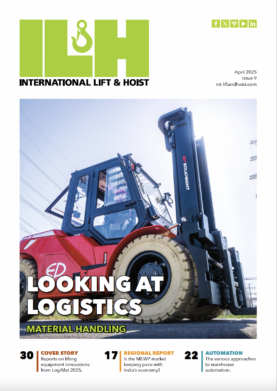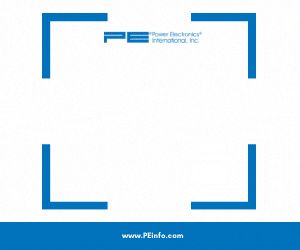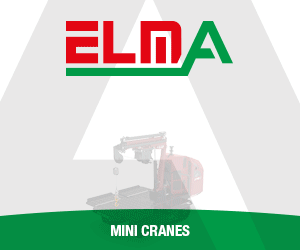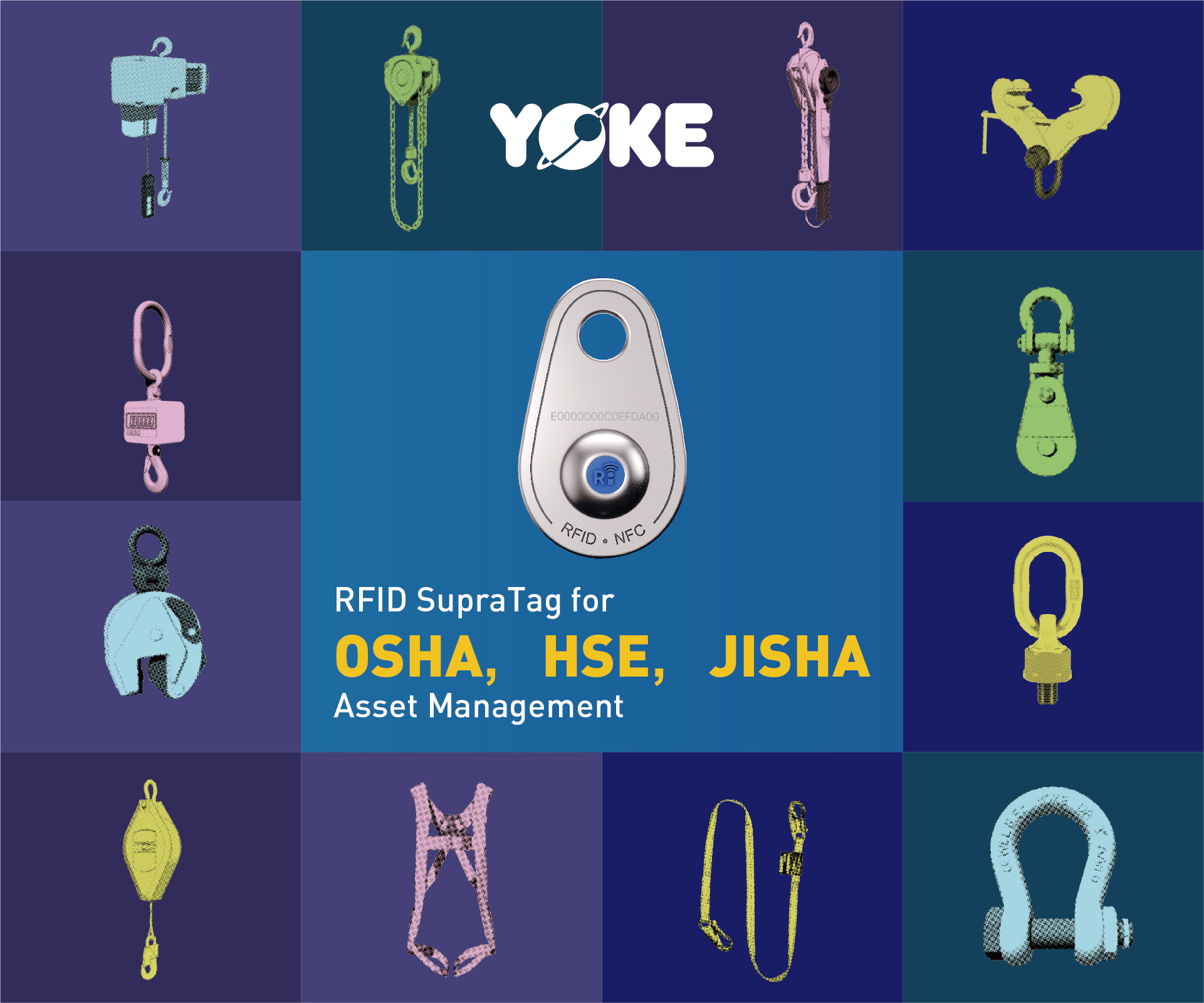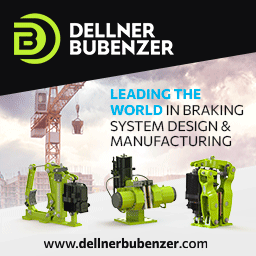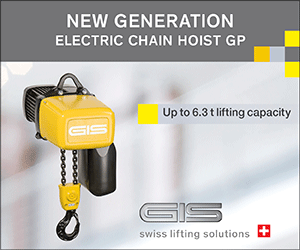NYC Area Container Terminal Orders 20 Automated Stacking Cranes
With the Statue of Liberty visible in the distance, Global Terminal & Container Services’ Jersey City, N.J., terminal is the closest container terminal to the harbor entrance of the Port of New York/New Jersey. In order to serve its customers better, Global is modernizing and replacing equipment, and expanding the berth space at the terminal. It will continue to be the only terminal in the area that can handle the larger container ships that will start coming through the widened Panama Canal in 2014.
In March, Konecranes received an order for 20 automated stacking cranes from Global Terminal & Container Services. Most of the cranes will be delivered to Global’s container terminal in Jersey City in 2013. This is Konecranes’ second ASC delivery to the USA; Konecranes has previously delivered ASC cranes to a container terminal in Virginia. The parties have agreed not to disclose the value of the order.
Pete Giugliano, Global’s vice president of engineering, said: “After a detailed evaluation, we believe that Konecranes provides the optimal solution for our project needs. Their technology and customer-focused approach are significant differentiators compared to other companies we evaluated. Several of our team members were involved in the successful deployment of the Konecranes RMG cranes in the Virginia project. We look forward to setting the new standard by taking these ASCs to the next level of speed and reliability with Konecranes on the team.”
With a lifting capacity of 40 tons, the ASC cranes can stack one over five containers high and nine wide. They are equipped with automation controls and Konecranes’ Active Load Control (ALC) system. ALC combines advanced sway control and horizontal fine positioning, providing very efficient container handling in the ASC yard, both automatically and remotely. This is especially true in the transfer areas and inside the stack, where placement tolerances are always present.
Greater efficiency and reduced operating costs are two major advantages of the Active Load Control system. It contributes to a lower energy requirement because it allows a lighter crane structure. It also eliminates trolley and gantry inching, reducing cycle times and energy consumption. The Konecranes ASCs will be interfaced with Global’s existing Terminal Operating System.
“This order further reinforces our strong position in the global container-handling business and continues our success in America,” says Jussi Suhonen, general manager, RMG Cranes, Konecranes. “Our automation reference in Virginia is one of the leading references in the industry—if not the leading reference to date. I am very pleased that another American container terminal operator has decided to adopt our automation solution. Automation is an important investment trend in the industry, and interest in our solution is clearly growing.”



